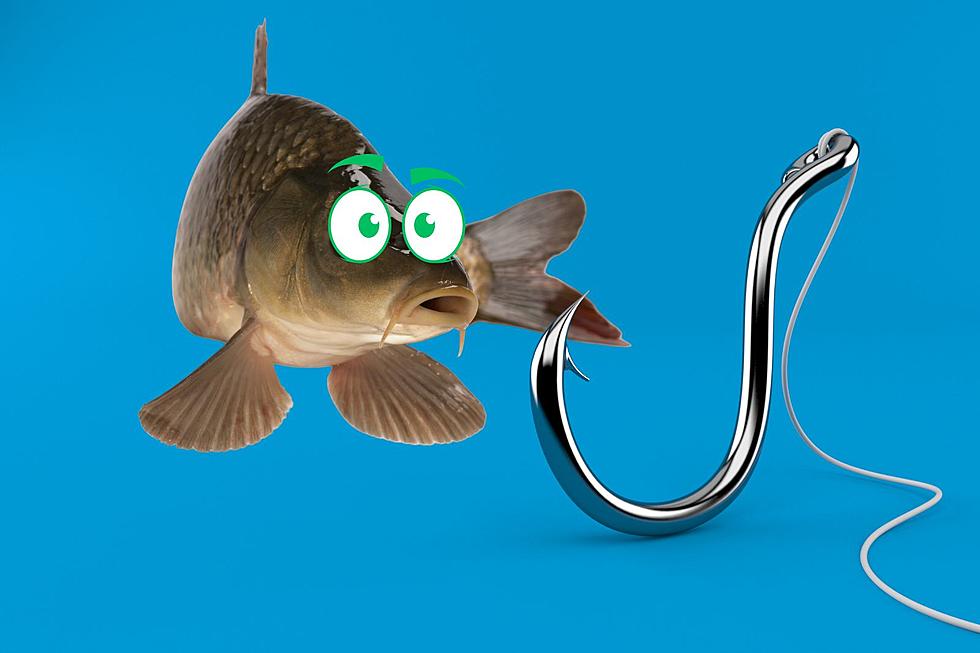
Gone Fishing? Never Eat These Fish Caught in Southwest Michigan
Summer may be coming to a close, but there's still some time to get out to a lake or river around Michigan and drop a hook in the water. If anything, it's a hearty excuse to get out of the house and relax near the water before everything freezes over.
Of course, if you do so, it's imperative that you know where you're fishing and what chemicals can be in the water that affect the fish you catch, and ultimately you if you eat them.
Catch and release is a fine way to enjoy the hobby, but in some parts of Michigan, it's downright necessary to let anything you catch get back in the water. For those that only want to eat what they catch, it's best to avoid some waterbodies altogether.
For much of the fish we'll be discussing, the main chemicals of concern, as the Michigan Department of Health and Human Services outlines in the annual Eat Safe Fish Guide, are PCBs, DDT and Dioxins.
PCBs, or polychlorinated biphenyls for the scientific, are chemicals used in electrical equipment and are found in hydraulic oils. These chemicals have contaminated a number of waterbodies around Southwest Michigan and if consumed can cause harmful brain development in fetuses and children, compromise immune systems and cause cancer or diabetes.
DDT, dichlorodiphenyltrichloroethane, is a chemical found in an early modern insecticide that was banned in 1972. Those chemicals don't just go away unfortunately and are still present in some fish over 50 years later. DDT, if consumed, has been linked to both cancer and diabetes.
Dioxins mostly affect just one of the fish listed below, but the chemical is quite harmful nonetheless. Dioxins are created when chlorine chemicals are made or used and are released when papers or plastic are burned. Poorly contained waste or intentional dumping can also contaminate waterbodies and the fish living in them. Dioxins present cancer, fertility and thyroid risks.

Now for the fish and waterbodies you should avoid when fishing in Southwest Michigan.
Keep in mind that many of these fish have serving counts per month or are limited in consumption in the areas where they can be caught. Refer to the Eat Safe Fish guide to determine how much of your catch you can eat based on where you caught your game.
